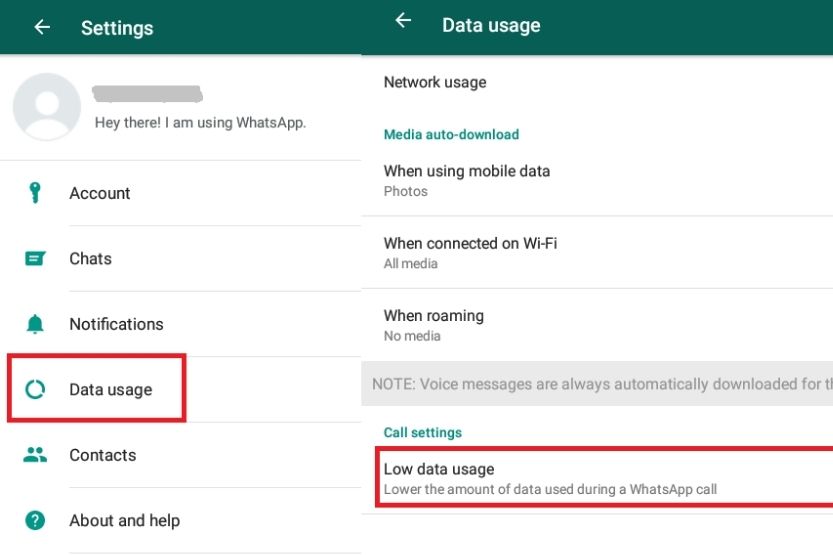How Facebook And WhatsApp Use Your Data For Friend Suggestions
Facebook and WhatsApp collect extensive data from users through various means like contacts, location history, call logs, and shared interests. They analyze this data to identify common connections and suggest potential friends to users. While this may seem helpful, it also raises privacy concerns. Let’s dive deeper into how they do it.
Mining Contacts And ConnectionsPermalink
Facebook and WhatsApp have access to users’ phone contacts, email addresses, numbers in address book. By comparing this contact data across users, they can find common connections like friends, family members, coworkers or acquaintances. If two users have overlapping contact details, there is a chance they might know each other in real life. This contact cross-referencing forms the basis of initial friend recommendations. Besides contacts, call and message logs also provide clues about user relationships. Frequency of communication with a contact, duration of calls or number of messages exchanged are indicators of stronger social ties. If two users frequently interact with the same third party, an introduction may be in order. call logs may reveal strangers you interacted with years ago, like the uncle helping the traveller reach airport mentioned earlier.

Enriching Recommendations With Location HistoryPermalink
Facebook collects granular location data from users’ devices to offer location-based services and experiences. This location history also feeds into friend suggestions. If two profiles indicate visits to similar locations like home, work, grocery stores or cafes around the same times, there is a higher probability of the users knowing each other in real life. The more overlapping locations are visited regularly over a period, stronger is the inference that the individuals could be acquaintances or neighbors. Even chance encounters like at a music concert or book club meeting can be clues to a potential new contact. This location pattern analysis provides context to basic contact-based recommendations.
Leveraging Shared InterestsPermalink
Facebook and WhatsApp also try to connect people with aligned interests and experiences for fostering engaging connections. They analyze users’ online behaviors, page likes, group follows, search queries and even call logs to understand their hobbies, beliefs and priorities in life. If two profiles exhibit interest in similar niches like parenting, gaming, coding or animal welfare, there is a higher probability of them bonding over those shared passions. Introducing such profiles expands one’s social network while enriching it with potentially like-minded individuals.
Privacy And Consent ConsiderationsPermalink
While leveraging diverse ubiquitous data for smart matchmaking seems useful, it also raises valid privacy and consent issues:
- Contact access is granted for basic app functionality but may be abused for profiling
- Location and call data are even more private but often collected without explicit awareness
- Profiling interests without consent oversteps ethical boundaries
- Lack of transparency over data usage undermines user trust
Platforms need better education and controls to ensure privacy and choice are not compromised for commercially-drivenAI matchmaking. Explicit continuous opt-ins could help address these concerns to some degree.
Striking A BalancePermalink
On one hand, AI-backed friend recommendations can expand networks and foster engagement. On the other, privacy must not be sidelined. A balanced approach with strong transparency, control options and purpose limitation respects both business and individual interests. With care and consent, tech can empower connections while respecting user autonomy over private information. But the path requires vigilance, accountability and putting people over profits. In conclusion, while data-driven friend matchmaking seems useful, privacy and autonomy must not be compromised. Platforms need progressive strategies balancing innovation, user value and responsible stewardship of personal information. With right safeguards and mindsets, tech can enhance lives without diminishing core societal values.

